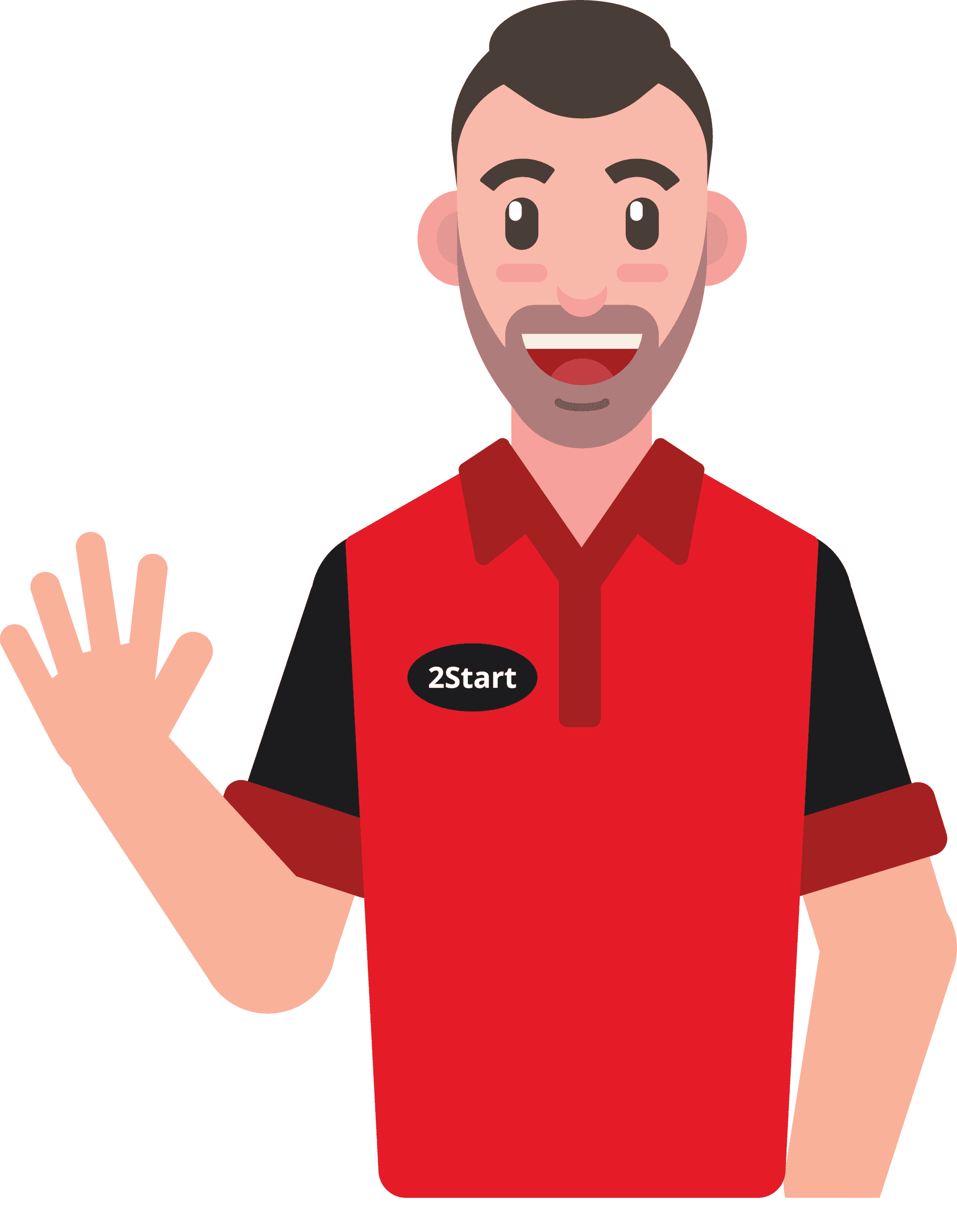What is CPC Training?
CPC stands for the Driver Certificate of Professional Competence; its main aim is to encourage high standards of driving and to improve road safety. This qualification may involve both theory and practical training elements and is required by anyone who is planning on driving professionally or for hire and reward purposes. Those who need CPC are required to complete 35 hours of training every 5 years in order to remain safe and compliant. There can be a fine of up to £1,000 for driving professionally without up-to-date CPC training, so it is vital that you keep it up-to-date and carry it with you at all times.
Do I need CPC Training?
You won’t need to complete CPC training if you simply enjoy driving as a hobby. This training is compulsory if you drive a lorry, bus or coach as the predominant part of your job. All drivers who are driving vehicles over 3.5 tonnes, or with 9 passenger seats or more are required to do the Periodic/Driver CPC (as well as the initial where applicable) – 35 hours of CPC training every five years. Have a look at our full list of exceptions.
We have courses that are suitable for all different levels of ability and experience, all of which will give you the skills and knowledge that you need to safely and securely operate a HIAB and gain your licence. Additionally, we have a wide range of attachments available for you to learn on.
The DQC
A DQC (Driver Qualification Card) is sent to new drivers addresses when they successfully pass the qualification. You must ensure that you have it with you at all times to avoid penalties, even if you are travelling in an EU country.
If your DQC is lost, damaged or stolen, you need to report this to the DVLA as soon as possible and apply for a replacement. You can still drive if your card has been lost, however, if you still have not received your card after 15 days, you need to make further enquiries.
Brexit will not affect the Driver CPC legislation, so all drivers must continue to conform to the regulations to avoid legal actions

